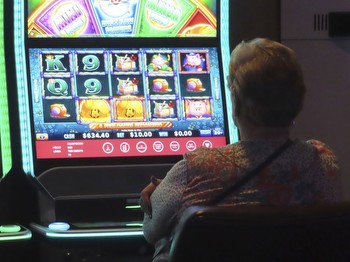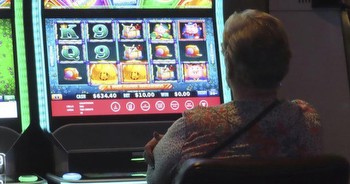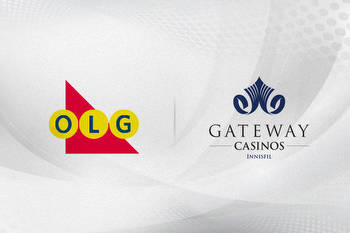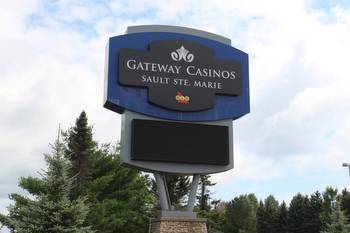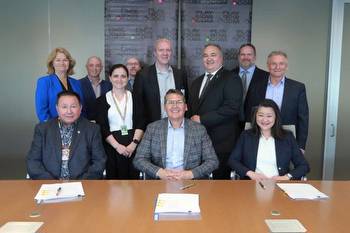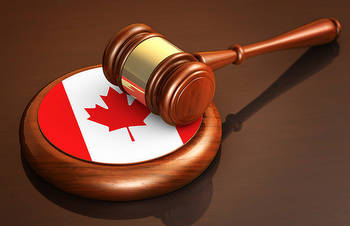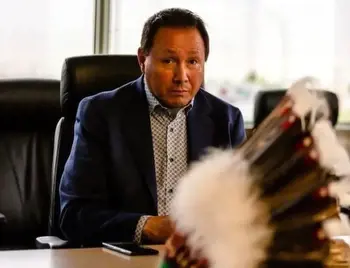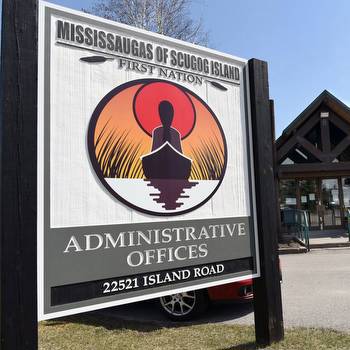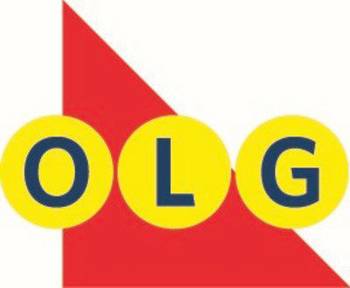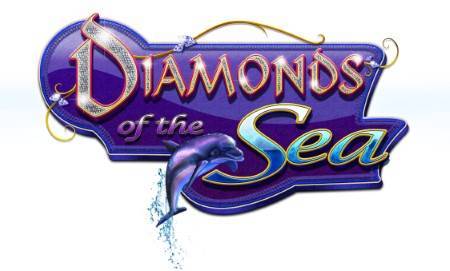Shawanaga First Nation calls upon government to pause introduction of online gambling regime
Gaming News
2 October 2021
(PRESS RELEASE) -- The Ontario and Canadian governments have historically failed Indigenous peoples in their duty to consult, to accommodate First Nations, most recently with the change to the Criminal Code of Canada removing the prohibition on single sports betting. Both the Province of Ontario and the Government of Canada have failed to provide informed and prior consent on changes to legislation affecting Indigenous Rights, specifically games of chance that are legalizing sportsbook wagering and creating an iGaming regime. It is the fiduciary responsibility of the Crown to ensure that the best interests of First Nations peoples are addressed in a fair and respectful manner and respecting Shawanaga First Nation's jurisdiction.In the wake of the serious and horrendous truths confirmed across Turtle Island of the genocide of Indigenous children and others Canada-wide, one would expect this type of financial discrimination and ongoing economic genocide of Indigenous peoples to have ended. The barter and trade system historically developed by First Nations peoples' precontact should be recognized and included here as guaranteeing First Nations a fundamental role in the ability to wager, bet, participate and derive income from games of chance here in Ontario and throughout Canada.On 16 June 2021, Shawanaga First Nation wrote to the Honourable Doug Downey, - Ontario Attorney General and the Honourable Peter Bethenfalvy, - Minister of Finance Ontario, explicitly to ask detailed questions about and share our perspectives on the design, implementation and involvement of First Nations in the nascent iGaming regime. The Government of Ontario provided a limited, and inadequate response to Shawanaga's concerns on August 16, 2021, - however the Crown appears to continue its plans to launch online Gaming across Ontario in early December this year. This despite stating publicly and repeatedly that there would be a consultation engagement with First Nations as part of the planning and implementation of the new regulatory regime. Consultation, from a First Nation perspective includes, free, prior and informed consent when dealing with potential effects to inherent, Indigenous and Treaty Rights, Interests and Title.In a letter from Peter Bethlenfalvy Minister of Finance, dated 16 August 2021, there was an indication that the Minister's staff reached out to me on 5 July 2021, with an offer to meet at your earliest convenience to further discuss Shawanaga's interest in iGaming. Upon review of my emails, I am unable to confirm this contact on 5 July 2021, and subsequently a virtual meeting has been set for 6 October 2021.The government has failed in their duty to consult and accommodate First Nations in regard to the iGaming regime specifically. Organizations, groups or entities that First Nations belong to or have a vested interest in, do not possess inherent, Indigenous, or Treaty Rights, interest or Title. Shawanaga First Nation is the only entity that must be consulted and accommodated in relation to Shawanaga's Inherent, Indigenous, and Treaty Rights, Title and Interests.The "Honour of the Crown", where there is a constitutional obligation to First Nations peoples, requires the Crown to diligently carry out its promises and ensure its obligations are fulfilled.This requirement also extends to Crown agencies, like the OLG, which has likewise failed to treat First Nations in a fair and ethical manner with respect to gaming.A recent decision from the Court of Appeal for Ontario, [CITATION: Ontario First Nations (2008) Limited Partnership (OFNLP) v. Ontario Lottery and Gaming Corporation, 2021 ONCA 592], confirmed that First Nations are being intentionally economically discriminated against.In 2008, it found Ontario and OLG entered a "Gaming Revenue Sharing and Financial Agreement" with First Nations Partnership, a limited partnership of Ontario First Nations. Under the Agreement, Ontario and OLG agreed to share with First Nations three types of revenue associated with gaming in Ontario.A few years later, however, OLG decided to outsource its non-gaming amenities to private operators, effectively giving them responsibility for two of the three types of revenue under the Agreement. Private sector operators assumed the risk and responsibility for non-gaming amenities, in exchange for keeping 100% of the associated non-gaming revenue. OLG described this arrangement as "modernization". Although OLG anticipated much greater revenue under modernization, it did not disclose its outsourcing plans to the First Nations Partnership or seek to amend the Agreement to be relieved of the obligation to pay the First Nations Partnership all three types of revenue.When OLG implemented modernization, it stopped paying the First Nations Partnership two of the three types of revenue under the Agreement. When the First Nations Partnership discovered this, it initiated an arbitration under the Agreement.The ONFLP were not consulted or advised of the OLG's plans to arbitrarily change the terms of the agreement with First Nations.One reason the First Nations Partnership did not learn of OLG's plans for so long was because Ontario and OLG failed to seat a representative of the First Nations Partnership on OLG's board from 2008 until 2015, even though doing so was a contractual obligation under the Agreement.When the First Nations Partnership pursued arbitration under the Agreement to secure its promised board member, a panel composed of three retired judges of the Ontario Superior Court of Justice unanimously held that Ontario had breached the Agreement in bad faith and in a manner that was "egregious" and exhibited "an odour of moral failure". The panel also noted that the First Nations Partnership had not been "consulted or invited to take part" in OLG's strategic business review at a time when it had no board member.The arbitration panel held that Ontario and OLG breached the Agreement. The majority ruled that Ontario and OLG breached express contractual terms when they stopped paying two of three agreed upon types of revenue. The dissenting member found that Ontario and OLG's unilateral changes to the operation of the Agreement breached an implied contractual term, describing their conduct as "breathtaking in the age of reconciliation.The appeal judge dismissed Ontario and OLG's appeals for a second time.The government of Canada has proclaimed 30 September a National Day of Truth and Reconciliation to remember and grieve the heinous crimes visited upon First Nations children as a step toward reconciliation. But how can there be reconciliation when governments and Crown agencies consistently discriminate against First Nations peoples' futures and livelihoods, blatantly denying us our voices and our due. The deliberate exclusion of First Nations by OLG is shameful and brings dishonour to the Crown.Reconciliation will take more than a new paid holiday for federal civil servants. It requires, among other things, recognition of First Nations' inalienable rights to participate fully in the economic opportunities from gaming.Therefore we call upon the Ontario Government honour the National Day of Truth and Reconciliation by immediately pausing the impending changes to gaming regulations in the province - changes which will benefit only a handful of large, offshore gambling website operators- and to diligently and honorably begin discussions with First Nations.
Anything other than this perpetuates the presence of rank odour of moral failure.








